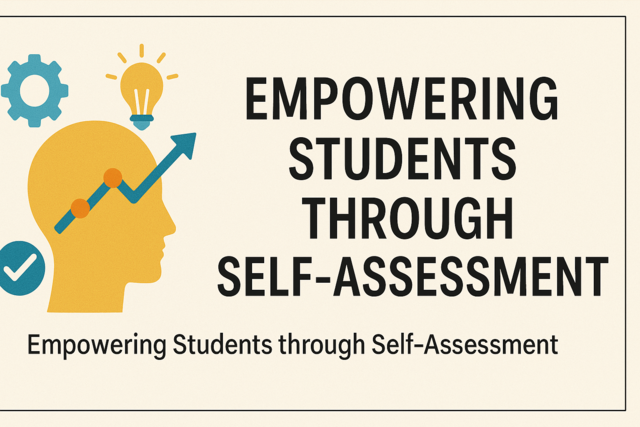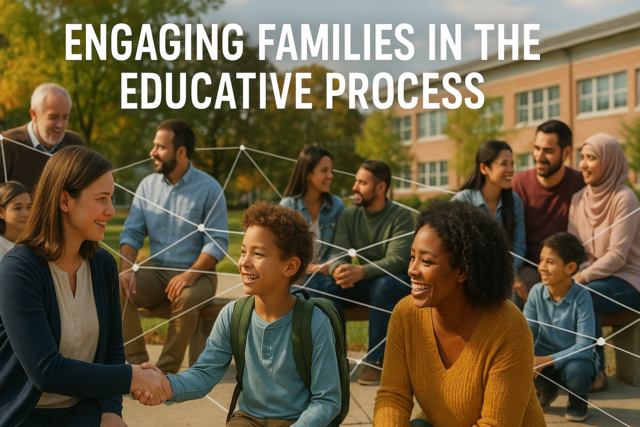Online Class: Social and Emotional Learning — Programs and Practices

no certificate
with CEU Certificate*
-
15Lessons
-
22Exams &
Assignments -
6Hours
average time -
0.6CEUs
Course Description
Imagine a classroom where each student not only learns math and science but also masters the art of understanding their own emotions. A place where empathy is as crucial as equations, and emotional intelligence is nurtured alongside academic excellence. Welcome to "Social and Emotional Learning: Programs and Practices"—a revolutionary course designed to transform educational landscapes and equip you with the tools to do the same.
In today's fast-paced and interconnected world, the ability to navigate personal and social complexities is no longer optional; it's essential. As an educator, you hold the power to sculpt future generations, not just in knowledge, but in character. This course offers you an unparalleled opportunity to delve deep into the principles of Social and Emotional Learning (SEL), equipping you with practical skills to foster an inclusive and empathetic environment for your students.
Your journey into this enlightening realm begins with exploring the profound power of empathy and ethics in modern learning. You'll emerge with a nuanced understanding of emotional dynamics that can transform classroom interactions into rich, supportive experiences. Picture yourself guiding students not only to academic milestones but also toward becoming resilient, emotionally intelligent individuals. You'll learn how to help them master their emotions, turning potential obstacles into opportunities for growth and success.
But don't be mistaken—this isn't just another theoretical lecture series. It's a dynamic, interactive experience crafted to ignite your passion and deepen your understanding. You'll uncover the layers of emotional resonance—distilling the intricate differences between empathy and sympathy—and learn how these subtleties can enhance your interactions with colleagues and students alike. Visualize yourself fostering genuine connections, building a classroom culture where every voice feels heard and valued.
With a compelling focus on real-world application, the course unfolds the art of active listening. Imagine transforming your classroom into a space where attentiveness and understanding reign supreme, leading to a more harmonious educational setting. You'll master decision-making processes that highlight the importance of collaboration and understanding within the SEL framework, cultivating a learning environment that thrives on shared goals and mutual respect.
Incorporating mindfulness practices, you'll see how these methods can revolutionize emotional regulation and resilience. Feel the empowerment of knowing that you've enriched your students' academic experiences and bolstered their mental well-being. And as you journey further, the course reveals how integrating SEL with cultural heritage leads to a more inclusive and equitable educational experience—one that not only acknowledges but celebrates diversity.
As you explore integrating SEL into your curriculum, you'll discover the practical approaches and strategies that truly set this course apart. Envision yourself at the forefront of innovative education, using technology not just to teach but to genuinely connect—bridging cultural and language divides in the increasingly digital age.
The course culminates in revealing how modern technology, including data analytics and AI, serves as a game-changer in assessing SEL competencies. You're not merely learning about education; you're redefining it. With these tools, you can tailor educational approaches to fit each student's unique emotional landscape, providing interventions that are not only personalized but deeply impactful.
Join us in transforming schools into sanctuaries of learning, empathy, and support. With guidance from leading experts and cutting-edge educational strategies, you'll be equipped to tackle challenges and embrace change with confidence and enthusiasm. This is more than a course—it's an evolution in pedagogy that places emotional intelligence at the core of meaningful education.
Make the decision today to invest in your future and the future of the students you inspire. Enroll in "Social and Emotional Learning: Programs and Practices" and take the first step towards being an educator who doesn't just teach but transforms. Together, we'll create a learning experience that transcends traditional education, leaving a legacy of compassion and success in its wake. The time is now—your transformative journey awaits.
- Completely Online
- Self-Paced
- 6 Months to Complete
- 24/7 Availability
- Start Anytime
- PC & Mac Compatible
- Android & iOS Friendly
- Accredited CEUs

Course Lessons
Lesson 1. Empathy and Ethics in Modern Learning
At the heart of SEL is the ability to cultivate emotional intelligence, including self-regulation and empathy, which helps students navigate personal and social complexities. By embedding SEL principles into education, teachers prepare students for future social challenges while fostering inclusive and supportive communities.Lesson 2. Mastering Emotions for Success
Emotional intelligence, essential for recognizing and guiding emotions, is sharpened as students learn to manage their feelings effectively. Understanding and communicating emotions can lead to better collaboration and conflict resolution, fostering resilience and adaptability in challenging situations.Lesson 3. Navigating Emotions: From Awareness to Regulation
Understanding and regulating emotions equips individuals with essential skills to navigate life's complexities, enhancing emotional resilience and fostering growth. By integrating Social and Emotional Learning (SEL) and mindfulness techniques, emotional awareness and empathy are cultivated, creating compassionate communities and thriving individuals.Lesson 4. Empathy vs. Sympathy: Understanding Emotional Resonance
Listening with empathy builds robust relationships by acknowledging shared experiences and different perspectives, distinguishing it from the emotional detachment of sympathy. This empathetic engagement enhances social harmony and cultivates environments ripe for innovation and mutual respect.Lesson 5. Engage, Understand, Connect: The Art of Active Listening
Through strategies like empathic listening and mirroring, active listening deepens emotional connections and fosters personal growth. The art of attentively engaging with others also nurtures educational environments conducive to better learning outcomes.Lesson 6. Deep Dive into the Decision-Making Process within SEL
The social facets of SEL highlight the necessity of relationship skills, encouraging collaboration and understanding diverse perspectives in decision-making. Community projects rely on shared goals and skill sets to harmonize efforts, achieving sustainable development and strengthening social cohesion.Lesson 7. Nurturing Emotional Intelligence through Mindful Practices
Mindfulness, when integrated into Social and Emotional Learning (SEL), helps students focus on the present moment, leading to improved emotional regulation and resilience. A culture of empathy and understanding is fostered in the classroom, enhancing cooperative learning and reducing stress.Lesson 8. Integrating SEL and Cultural Heritage for Inclusive Education
Understanding one's cultural identity is key to effective SEL, impacting emotion expression and relationship dynamics. Culturally inclusive classrooms foster belonging and reduce prejudice.Lesson 9. Integrating SEL into the Curriculum: Practical Approaches and Strategies
Integrating SEL into the Curriculum: Practical Approaches and StrategiesLesson 10. Quantitative Techniques in SEL Assessment: Elevating Outcomes
Technology revolutionizes SEL assessment, providing educators with digital tools and platforms for tracking student progress, analyzing emotional data, and fostering personalized learning experiences. This integration of technology empowers educators to enhance emotional intelligence development through data-driven interventions, significantly enriching the educational landscape.Lesson 11. SEL Foundations: Creating Inclusive Learning Environments
Integrating technology in self-assessment supports personalized learning experiences, allowing students to track progress and self-reflect effectively. Embracing a growth mindset encourages students to view challenges as growth opportunities, transforming feedback into a powerful catalyst for improvement.Lesson 12. Inclusive Communication in Schools
Effective communication is crucial in education to bridge cultural and language barriers, enabling inclusive engagement across diverse school communities. Schools increasingly use multilingual digital platforms and cultural liaisons to ensure all voices are heard, promoting a sense of belonging among students and families.Lesson 13. Cultivating a Supportive School Environment Through Social and Emotional Learning
Social and Emotional Learning (SEL) equips students with essential skills like emotional regulation and empathy, fostering both individual academic success and protective mental health. Integrating SEL in schools enhances community well-being and provides tools for managing stress, building resilience, and creating inclusive environments.Lesson 14. Navigating Digital Landscapes with Emotional Intelligence
Through SEL programs, students learn not just to use technology, but to employ it for meaningful emotional and social development, recognizing and respecting global diversity and multiple perspectives. As digital tools evolve, digital literacy within SEL stimulates student creativity, empathy, and connectivity, enhancing their capacity for lifelong learning.Lesson 15. Empathy in Action: Tech-Driven SEL Approaches
Data analytics and AI-powered assessment tools enhance the evaluation of SEL competencies, enabling tailored educational approaches that align with students' emotional landscapes. These technologies provide educators with nuanced insights into student behaviors, allowing for personalized and ethical interventions aimed at holistic development.
Learning Outcomes
- Define self-awareness by articulating one's emotions, strengths, and limitations to improve personal confidence and academic performance.
- Demonstrate effective self-management by employing strategies to regulate emotions and sustain focus under stress for enhanced classroom success.
- Describe the concept of emotional intelligence and illustrate its application in a classroom setting, using specific scenarios to demonstrate its impact on collaboration and conflict resolution.
- Define primary and secondary emotions and demonstrate their universal recognition across cultures by providing examples of how they manifest in diverse scenarios.
- Identify physiological signals associated with specific emotions and demonstrate strategies for emotional regulation, such as using deep breathing to manage anxiety.
- Recognize and analyze the root causes of emotions related to unmet needs or expectations, and propose appropriate actions to address these underlying issues.
- Demonstrate active listening techniques by identifying and explaining the impact of non-verbal cues during conversations.
- Recognize and differentiate between empathy and sympathy by describing specific emotional and behavioral responses in given scenarios.
- Demonstrate active listening by maintaining eye contact and providing reflective feedback in a conversation to show comprehension and engagement.
- Demonstrate the ability to express emotions constructively using 'I-statements' in a scenario to minimize defensiveness and promote open communication.
- Demonstrate responsible decision-making skills by gathering and analyzing information, predicting outcomes, and making informed choices aligned with one's values and goals.
- Recognize the importance of self-awareness in decision-making by identifying personal emotions and values that impact choices in varied scenarios.
- Demonstrate an understanding of mindfulness by identifying and explaining its core principles—intention, attention, and attitude—in a given scenario.
- Demonstrate mastery of lesson content at levels of 70% or higher.
Additional Course Information

- Document Your Lifelong Learning Achievements
- Earn an Official Certificate Documenting Course Hours and CEUs
- Verify Your Certificate with a Unique Serial Number Online
- View and Share Your Certificate Online or Download/Print as PDF
- Display Your Certificate on Your Resume and Promote Your Achievements Using Social Media

Choose Your Subscription Plan
No Certificate / No CEUs
This course only
| Includes certificate | X |
| Includes CEUs | X |
| Self-paced |

|
| Instructor support |

|
| Time to complete | 6 months |
| No. of courses | 1 course |
Certificate & CEUs
This course only
| Includes certificate |

|
| Includes CEUs |

|
| Self-paced |

|
| Instructor support |

|
| Time to complete | 6 months |
| No. of courses | 1 course |
Certificates & CEUs
Includes all 600+ courses
| Includes certificate |

|
| Includes CEUs |

|
| Self-paced |

|
| Instructor support |

|
| Time to complete | 12 Months |
| No. of courses | 600+ |
Certificates & CEUs
Includes all 600+ courses
| Includes certificate |

|
| Includes CEUs |

|
| Self-paced |

|
| Instructor support |

|
| Time to complete | 24 Months |
| No. of courses | 600+ |
Related Courses
-
 4 hours
0.4 CEUs
Energy Medicine: Harnessing Your Body's Power
+ More Info
4 hours
0.4 CEUs
Energy Medicine: Harnessing Your Body's Power
+ More Info
-
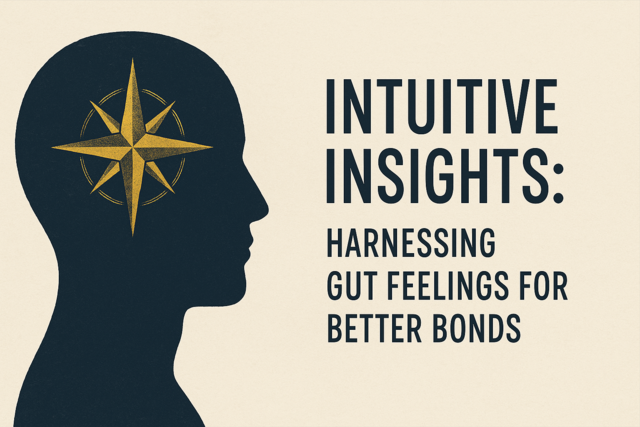 6 hours
0.6 CEUs
Intuitive Insights: Harnessing Gut Feelings for Better Bonds
+ More Info
6 hours
0.6 CEUs
Intuitive Insights: Harnessing Gut Feelings for Better Bonds
+ More Info
-
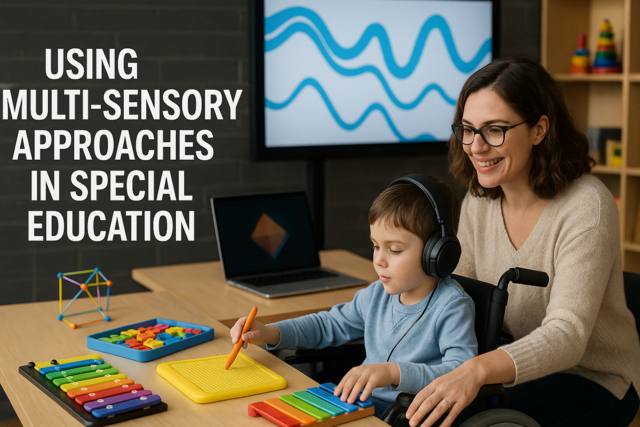 7 hours
0.7 CEUs
Using Multi-Sensory Approaches in Special Education
+ More Info
7 hours
0.7 CEUs
Using Multi-Sensory Approaches in Special Education
+ More Info
-
 6 hours
0.6 CEUs
Numerology and Life Path Analysis
+ More Info
6 hours
0.6 CEUs
Numerology and Life Path Analysis
+ More Info
-
 6 hours
0.6 CEUs
The Healing Power of Crystals
+ More Info
6 hours
0.6 CEUs
The Healing Power of Crystals
+ More Info
-
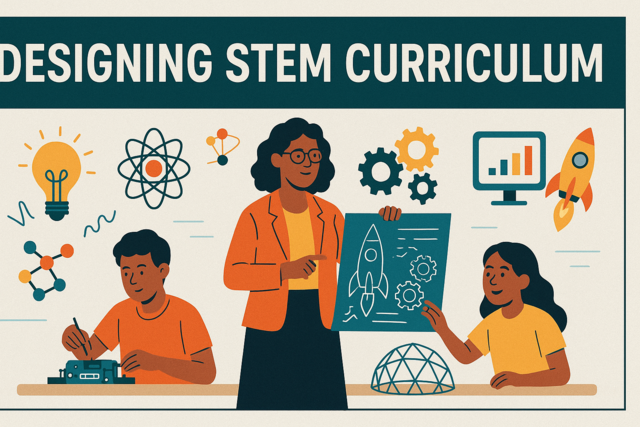 3 hours
0.3 CEUs
Designing STEM Curriculum
+ More Info
3 hours
0.3 CEUs
Designing STEM Curriculum
+ More Info
-
 4 hours
0.4 CEUs
The Love Language Challenge: Transform Your Relationship
+ More Info
4 hours
0.4 CEUs
The Love Language Challenge: Transform Your Relationship
+ More Info
-
 4 hours
0.4 CEUs
Elite Ensembles: Crafting Timeless Women's Looks
+ More Info
4 hours
0.4 CEUs
Elite Ensembles: Crafting Timeless Women's Looks
+ More Info
-
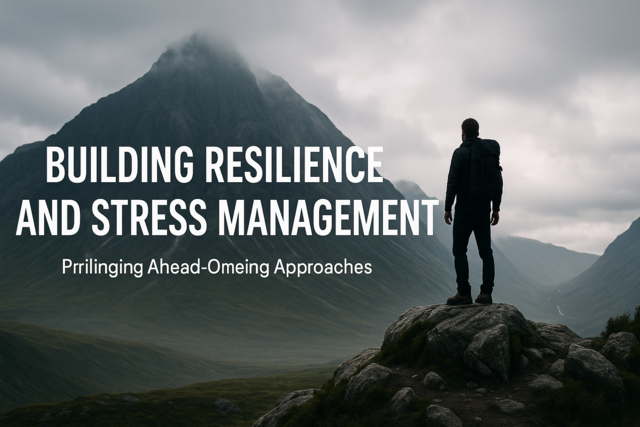 5 hours
0.5 CEUs
Building Resilience and Stress Management
+ More Info
5 hours
0.5 CEUs
Building Resilience and Stress Management
+ More Info
-
 5 hours
0.5 CEUs
Cooking and Nutrition for a Healthy Life
+ More Info
5 hours
0.5 CEUs
Cooking and Nutrition for a Healthy Life
+ More Info
-
 3 hours
0.3 CEUs
Innovative Solutions for Business Growth
+ More Info
3 hours
0.3 CEUs
Innovative Solutions for Business Growth
+ More Info
-
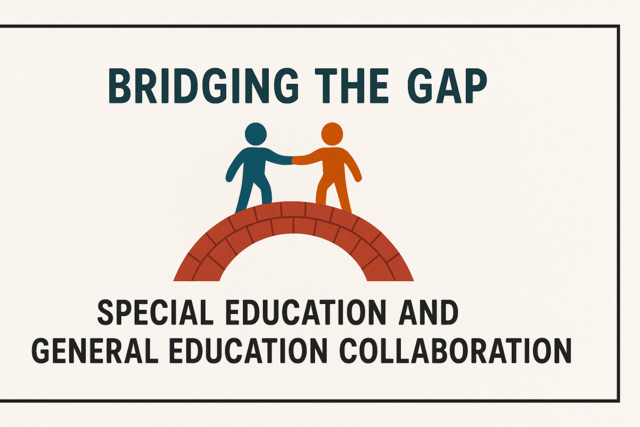 4 hours
0.4 CEUs
Bridging the Gap: Special Education and General Education Collaboration
+ More Info
4 hours
0.4 CEUs
Bridging the Gap: Special Education and General Education Collaboration
+ More Info
-
 7 hours
0.7 CEUs
Advanced PowerPoint Presentation Skills
+ More Info
7 hours
0.7 CEUs
Advanced PowerPoint Presentation Skills
+ More Info
-
 7 hours
0.7 CEUs
Healthy Lifestyle and Fitness Habits
+ More Info
7 hours
0.7 CEUs
Healthy Lifestyle and Fitness Habits
+ More Info
-
 6 hours
0.6 CEUs
Flawless Finish: Understanding Details in Luxury Fashion
+ More Info
6 hours
0.6 CEUs
Flawless Finish: Understanding Details in Luxury Fashion
+ More Info
-
 3 hours
0.3 CEUs
The Fourth Dimension: Theories and Consequences
+ More Info
3 hours
0.3 CEUs
The Fourth Dimension: Theories and Consequences
+ More Info
-
 4 hours
0.4 CEUs
Educational Equity and Justice
+ More Info
4 hours
0.4 CEUs
Educational Equity and Justice
+ More Info
-
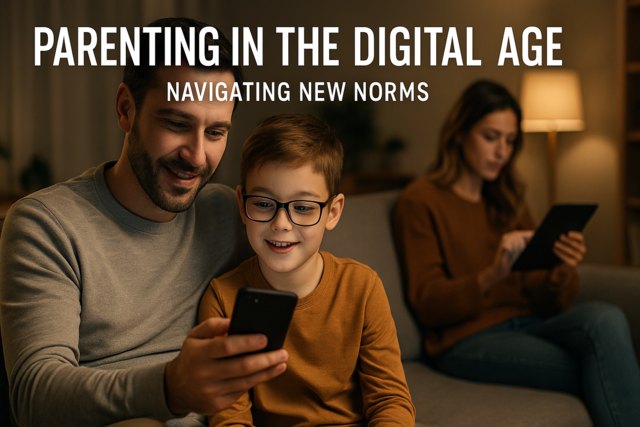 6 hours
0.6 CEUs
Parenting in the Digital Age: Navigating New Norms
+ More Info
6 hours
0.6 CEUs
Parenting in the Digital Age: Navigating New Norms
+ More Info
-
 3 hours
0.3 CEUs
Career Planning and Development
+ More Info
3 hours
0.3 CEUs
Career Planning and Development
+ More Info
-
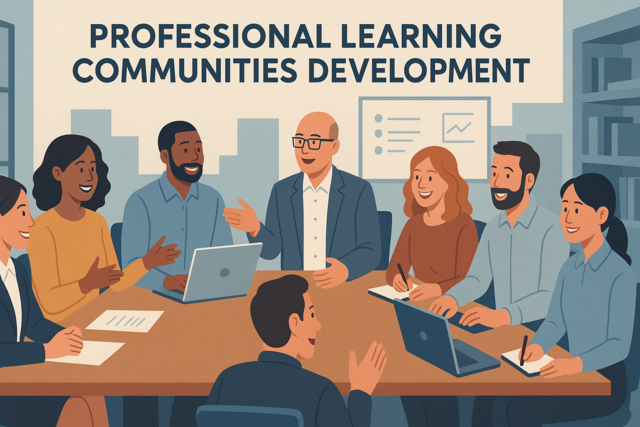 6 hours
0.6 CEUs
Professional Learning Communities Development
+ More Info
6 hours
0.6 CEUs
Professional Learning Communities Development
+ More Info
-
 7 hours
0.7 CEUs
The Science of Miracles: When Logic Defies Understanding
+ More Info
7 hours
0.7 CEUs
The Science of Miracles: When Logic Defies Understanding
+ More Info
-
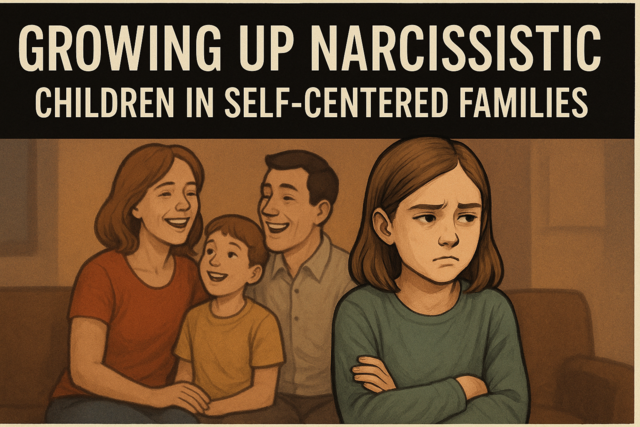 3 hours
0.3 CEUs
Growing Up Narcissistic: Children in Self-Centered Families
+ More Info
3 hours
0.3 CEUs
Growing Up Narcissistic: Children in Self-Centered Families
+ More Info
-
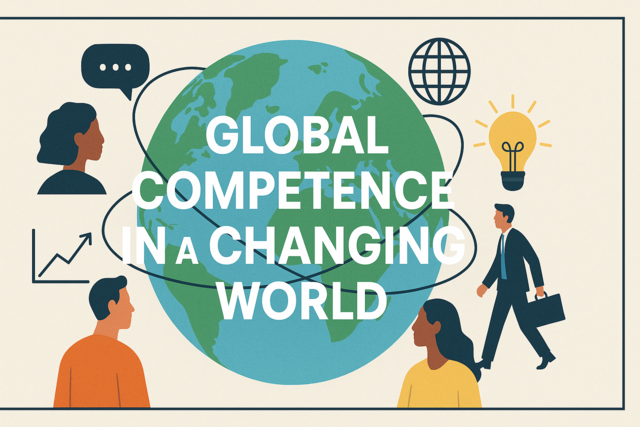 4 hours
0.4 CEUs
Global Competence in a Changing World
+ More Info
4 hours
0.4 CEUs
Global Competence in a Changing World
+ More Info
-
 4 hours
0.4 CEUs
Accident Investigation Techniques
+ More Info
4 hours
0.4 CEUs
Accident Investigation Techniques
+ More Info
-
 7 hours
0.7 CEUs
Harmony at Home: Techniques for Peaceful Coexistence
+ More Info
7 hours
0.7 CEUs
Harmony at Home: Techniques for Peaceful Coexistence
+ More Info
-
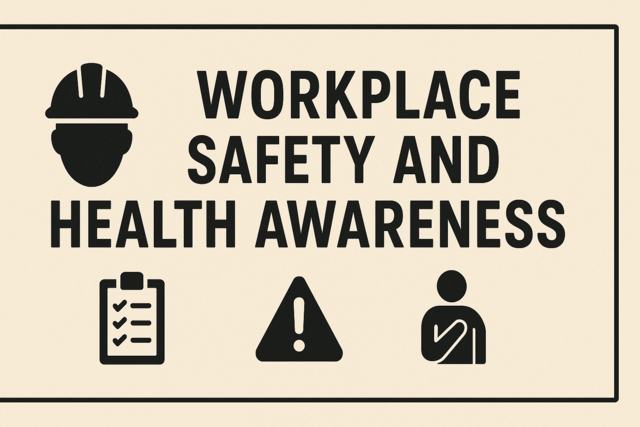 6 hours
0.6 CEUs
Workplace Safety and Health Awareness
+ More Info
6 hours
0.6 CEUs
Workplace Safety and Health Awareness
+ More Info
-
 4 hours
0.4 CEUs
Strategies for Teaching English Language Learners
+ More Info
4 hours
0.4 CEUs
Strategies for Teaching English Language Learners
+ More Info
-
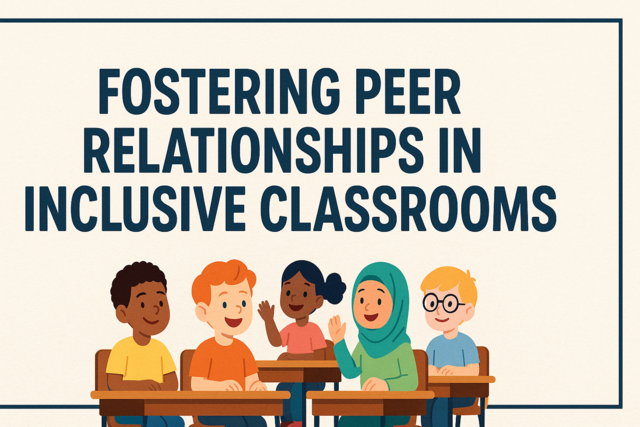 7 hours
0.7 CEUs
Fostering Peer Relationships in Inclusive Classrooms
+ More Info
7 hours
0.7 CEUs
Fostering Peer Relationships in Inclusive Classrooms
+ More Info
-
 3 hours
0.3 CEUs
The Science of Happiness in Family Life
+ More Info
3 hours
0.3 CEUs
The Science of Happiness in Family Life
+ More Info
-
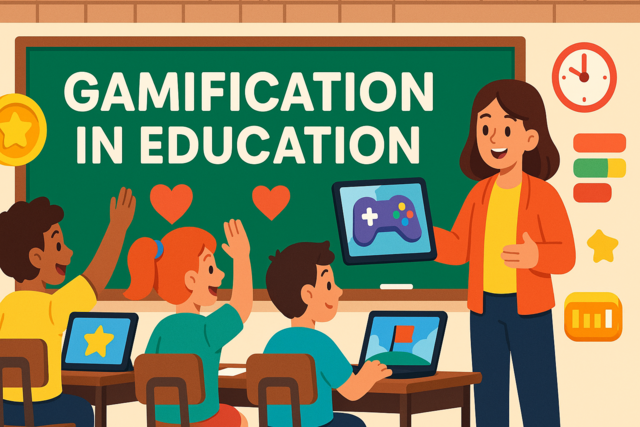 4 hours
0.4 CEUs
Gamification in Education
+ More Info
4 hours
0.4 CEUs
Gamification in Education
+ More Info
-
 6 hours
0.6 CEUs
Basic Gardening and Plant Care
+ More Info
6 hours
0.6 CEUs
Basic Gardening and Plant Care
+ More Info
-
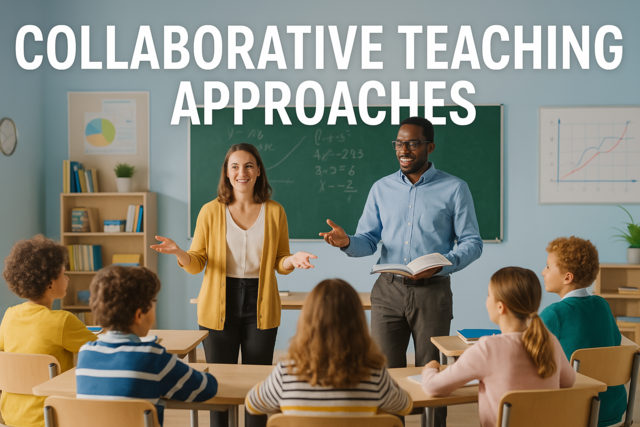 3 hours
0.3 CEUs
Collaborative Teaching Approaches
+ More Info
3 hours
0.3 CEUs
Collaborative Teaching Approaches
+ More Info
-
 6 hours
0.6 CEUs
Supporting Students with Special Needs
+ More Info
6 hours
0.6 CEUs
Supporting Students with Special Needs
+ More Info
-
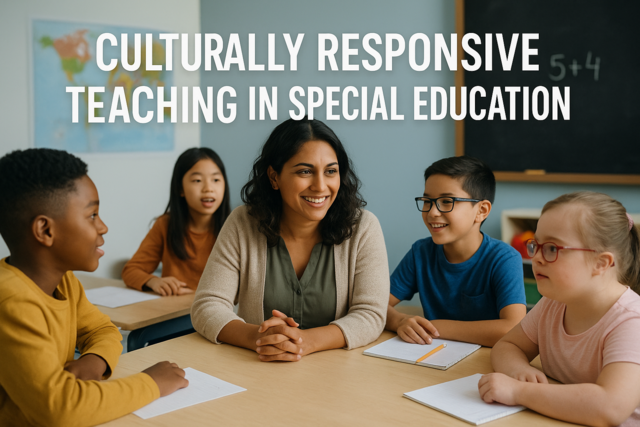 6 hours
0.6 CEUs
Culturally Responsive Teaching in Special Education
+ More Info
6 hours
0.6 CEUs
Culturally Responsive Teaching in Special Education
+ More Info
-
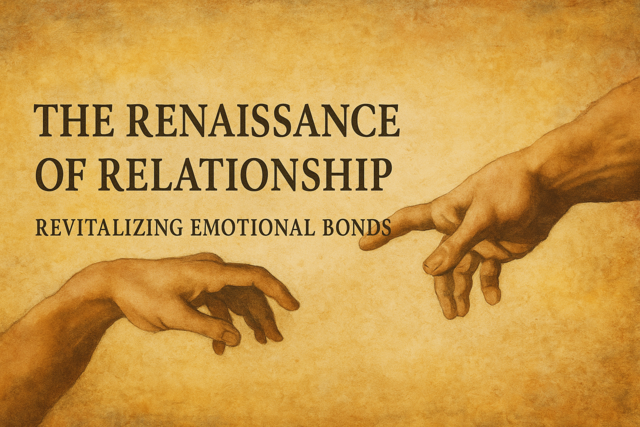 7 hours
0.7 CEUs
The Renaissance of Relationship: Revitalizing Emotional Bonds
+ More Info
7 hours
0.7 CEUs
The Renaissance of Relationship: Revitalizing Emotional Bonds
+ More Info
-
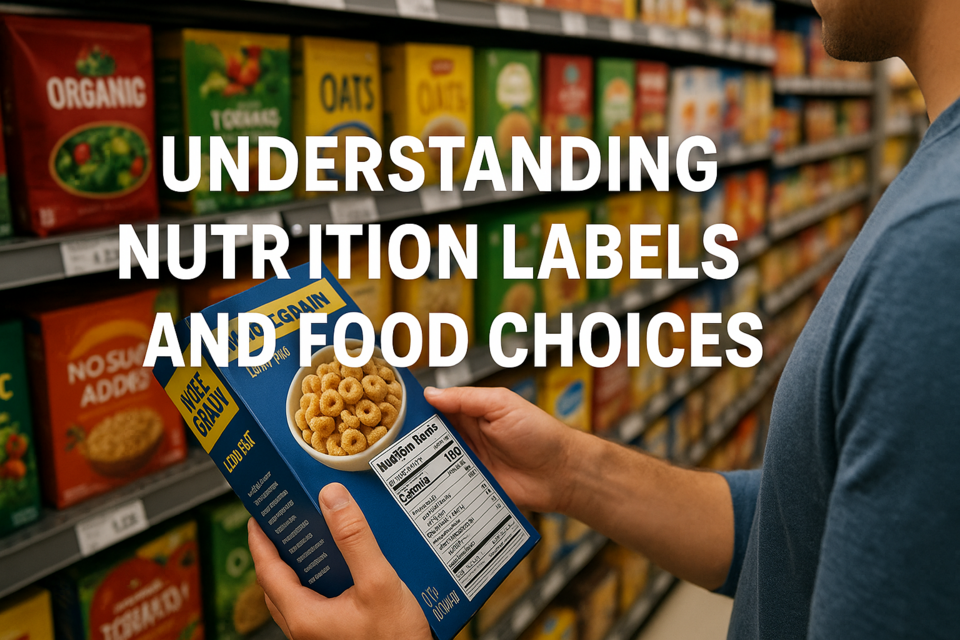 5 hours
0.5 CEUs
Understanding Nutrition Labels and Food Choices
+ More Info
5 hours
0.5 CEUs
Understanding Nutrition Labels and Food Choices
+ More Info
-
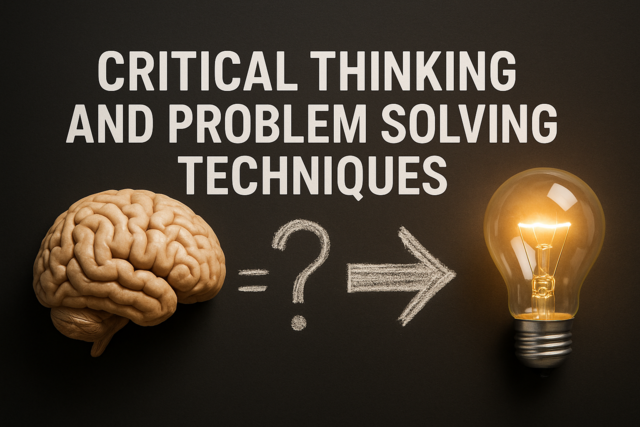 4 hours
0.4 CEUs
Critical Thinking and Problem Solving Techniques
+ More Info
4 hours
0.4 CEUs
Critical Thinking and Problem Solving Techniques
+ More Info
-
 7 hours
0.7 CEUs
The Dynamics of Desire: Understanding Intimacy and Attraction
+ More Info
7 hours
0.7 CEUs
The Dynamics of Desire: Understanding Intimacy and Attraction
+ More Info
-
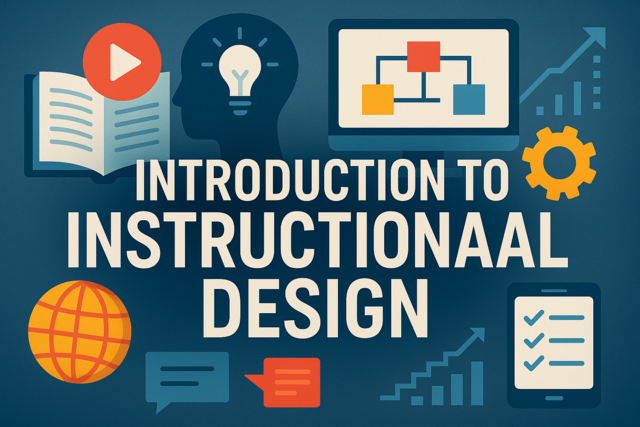 7 hours
0.7 CEUs
Introduction to Instructional Design
+ More Info
7 hours
0.7 CEUs
Introduction to Instructional Design
+ More Info
-
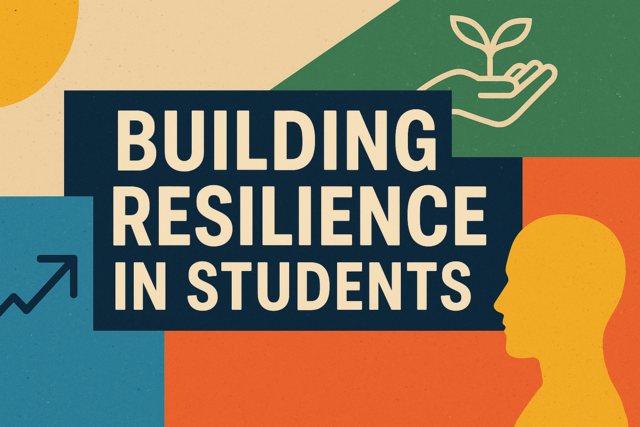 3 hours
0.3 CEUs
Building Resilience in Students
+ More Info
3 hours
0.3 CEUs
Building Resilience in Students
+ More Info


